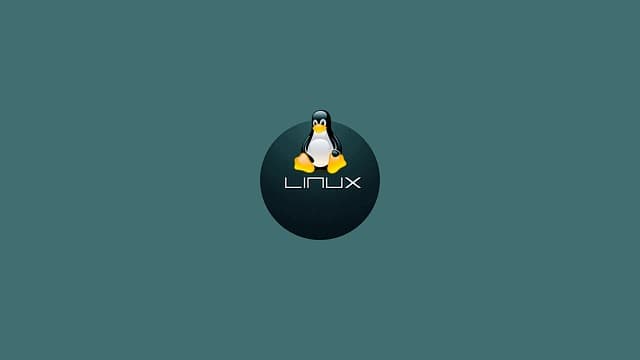What is a Linux Distribution
A Linux distribution is when different companies and developers take a kernel and add on top of it a set of programs: shells, compilers, drivers, and everything else. This becomes a complete operating system and each of these builds has its own name.
The number of Linux distributions is enormous: about 500 more or less known ones and countless different builds for different tasks.
Every person can build his or her own Linux distribution after spending half a day reading the documentation and formulating his or her goal-for example, for an old computer, for learning, stuffed with games or for web development.





















